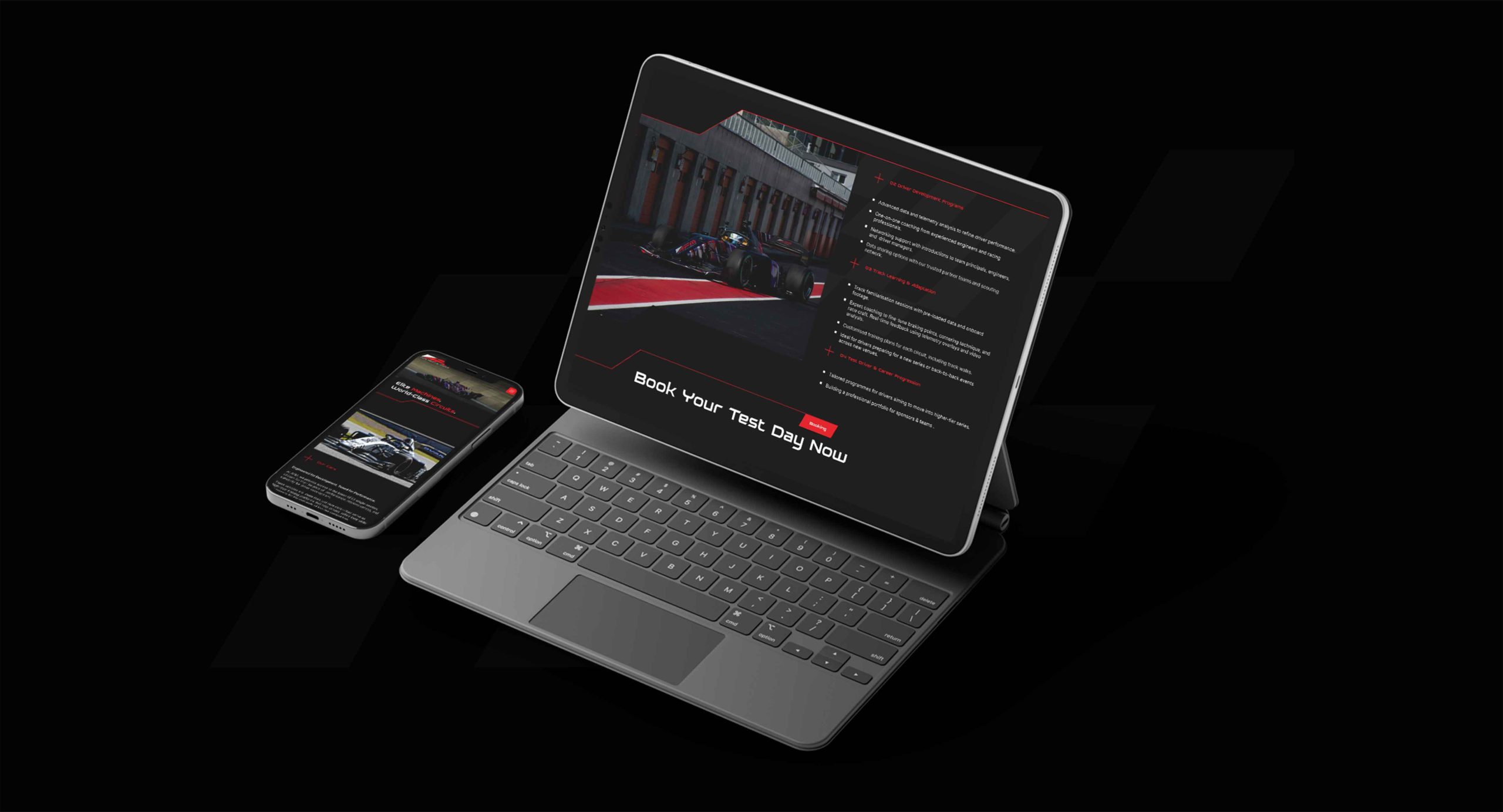Introduction
When planning an event, whether it’s a wedding, corporate conference or community event, there is a lot more to consider than just a venue and a program. The RSVP is one of the most overlooked, and perhaps most important, elements of an event. Many people know the term, but not everyone understands what is RSVP in its true meaning. The term RSVP comes from the French phrase, “Répondez s’il vous plaît” (to respond, please), which is the official method of confirming attendance of a guest(s).
This rsvp guide will take a look at why they are important, how to manage RSVPs effectively and what modern tools and ways of tackling RSVPs can streamline the event planning process. In verification with RSVPs, we will also look at RSVP best practices that event planners rely upon to reduce confusion, avoid unnecessary hassle and streamline guest management.

Why RSVPs Still Matter in Modern Event Management
Even in a world driven by digital technology, the RSVP still has a unique place in event management. If planners do not have appropriate RSVPs, they may find that they have no catering budget left, run out of chairs or tables, or not be able to accommodate some guests that have arrived. We have to understand the tips to rsvp event management. With accurate guest confirmations on who is attending, planners could:
- Improved logistics – have organised and planned seating, parking and accessibility for all.
- Control costs – have accurately scaled catering and resource planning.
- Improved experience – guests feel valued when the event runs well and there are no issues.
Simple RSVP event practices have also evolved. Instead of having to design invitations on paper cards and confirmations on the phone, planners can create digital forms, mobile-friendly confirmations, and track RSVPs in real-time. Digital forms make it easier for planners to keep track of their guest list without having to get in touch with guests endlessly to collect responses.
Building the Foundations: Setting Up an RSVP the Right Way
It is vital to get the fundamentals right. When you plan the RSVP process, think of it as more than a form. It is the first impression of the event. Here are some tips:
1. Clear Invitations
Make it clear what the event is, when it is happening, and what the guest should expect when they receive an invitation. If there’s ambiguity, guests are less likely to respond.
2. Guest-Friendly Formats
The invite should not feel like they are completing a survey. Keep the RSVP concise, simplistic and usable across devices.
3. Provide Flexibility for Guests
Giving guests options that allow for plus ones, dietary requirements or personal notes gives them ownership over their response, allowing them to feel included and to not surprise you at the last minute.
In addition, there are some subtle tips to rsvp event management, such as hard dates for guests to RSVP by and polite reminders often increase the number of timely responses. We will further understand more on what is RSVP.
Technology and tools for RSVP events and RSVP Success
Today’s RSVPs do not have to be traditional paper responses. The process can often be much easier and more efficient with modern platforms and digital tools. If you have the right tools for RSVP events you can:
- Automated tracking – rather than relying on manual checks.
- Reminders – automatically reminding guests who haven’t responded.
- Collate data – in real time, dietary requirements, seating requests, and attendee counts.
QR codes, embedded RSVP links, and email invitations with calendar reminders are becoming the default. Many of these tools also allow event managers to export their attendance reports to share with catering and venue staff, which saves a lot of time
RSVP Best Practices Every Planner Should Know
Making sure you get RSVPs right takes a level of organisation and consistency. Below are some RSVP best practices that have been tried and tested, that planners can consider:
- Be succinct – only ask guests for the information you need.
- Have cut-off dates – make sure you have dates for confirmations.
- Follow-up – Send a reminder or two if necessary instead of running around trying to nail it down at the last minute.
- Systematic – Make a system for tracking all confirmations so you don’t end up losing the plot.
- Personalise where you can – A thank you note or confirmation note, adds a professional feel but more personally warm touches from a guest services point of view.
These practices will not only help with your event guest management but they will help to create a perception of the event as well. When guests feel looked after and informed they are more likely to turn up and enjoy the experience.
RSVP event startegies to Improve Engagement and Attendance
It can be painful for planners when guests do not respond. Here are examples of smart rsvp event startegies:
- Segment reminders – tailor follow-up messages by guest type (VIP, speaker, attendee, etc.).
- Personal communication – say your guest’s name, include their role, or key associations about the event or meeting, to ensure they see the value in their attendance.
- Verbal and non-verbal cues – use physical early confirmation incentives (e.g. priority seating positioning or small gift incentives).
- Use technology to your advantage – SMS reminders, calendar sync, and application notifications to reinforce engagement to improve attendance.
Using these strategies will not only help those planners secure more respondents but also steadily build excitement and anticipation.
When guests feel that they are being appreciated and acknowledged, they are then much more likely to ‘make time’ for the event on their calendar. It does not take much effort, just small thoughtful gestures, such as a personalized reminder or exclusive announcements, that creates curiosity and makes attendees feel like they already belong in part, before the event occurs, it builds overall engagement and readiness.
Case Uses and Examples for Different Event Types
RSVP can involve varying processes based on the type of event. Some examples of this flexibility include:
- Weddings – Often providing information regarding meal preferences, travel arrangements and requests for accommodation.
- Corporate Events – Confirmations may also cover break-out sessions, or indicating participation in a workshop.
- Community Gatherings – The need for inclusivity exists, and definitive RSVPs should include potential accessibility needs and family case dependencies.
For related, industry specific learnings, RSVP for event planners provides examples of how customized processes can have an impact! By customizing RSVP formats for each individual event, planners not only simplify their logistics but also create a better, more personalized experience for their guests that will lead to lasting relationships.
Conclusion and Key Takeaways
So what is RSVP? What is RSVP guide? In a nutshell, it is more than just a courteous way to confirm attendance, rather it is a pivotal component in the success of any event. If event planners adhere to the subsequent steps in this RSVP guide, they will make their lives easier, allocate necessary resources effectively, and create a seamless experience for guests.
Using appropriate RSVP best practices will establish a professional process; technology and automation will then minimize the manual effort for planners. Together with thoughtful engagement strategies, this way of thinking can transform a simple RSVP into a valuable planning tool.
Whether you are managing a wedding, a high-stakes corporate event or a get-together with your local community, the application is the same: be clear, be consistent, and use the tools/resources available to you. Doing these simple things will heighten your event planning and give everyone an event experience they remember.
Related Post
Publications, Insights & News from GTECH








